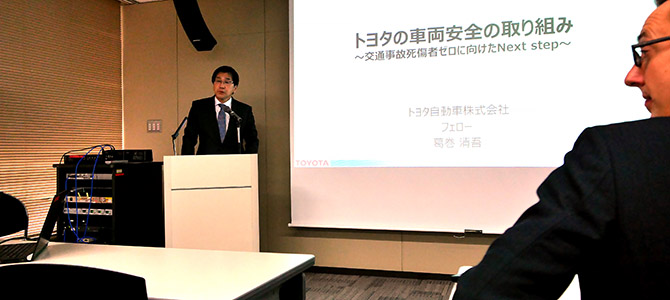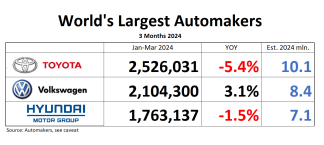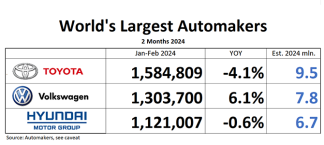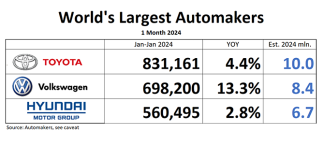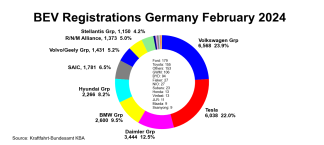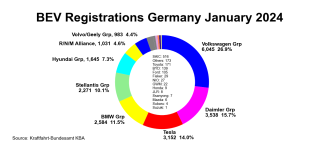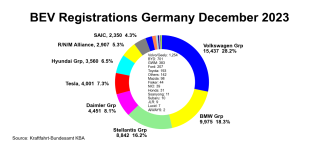Pedal misapplication, a politically correct term for mashing the gas when you want to step on the brakes, has cost many lives, and it did cost automakers billions. Today, Toyota announced a clever system to cure the foot-on-gas disease. Speaking to a small group of reporters at the company’s Tokyo Headquarters, Seigo Kuzumaki, himself a Fellow of the company’s advanced engineering arm, announced a system that ignores the foot on the gas when it just doesn’t make sense to stomp the accelerator.
For several years, Toyota has equipped its cars with sensors that don’t let cars drive into hard objects. “This already reduced accidents in parking lots etc. by 70%,” said Kuzumaki. Now, Toyota wants to do something about the remaining 30%, namely when there is no object immediately in front of the car. Pedal misapplication usually is characterized by a sharp acceleration from very low speed. But how to allow a vigorous merge into a freeway while denying a mad careen through a parking lot? For that, the car needs intelligence, derived from the company’s Big Data projects.
The technology will be first rolled out where it is needed urgently, namely at home in Japan. There, “the number of traffic accidents in the age group of 65 and older continues to grow, while accidents are on the decrease in all other age groups,” Kuzumakii said. One reason is that the number of senior license holders has doubled in the past 10 years in Japan. The other reason is that us older folk can “get a bit slow in response,” as Kuzumaki called it. After Japan, the cure for vehicular dottiness will be rolled-out globally, Kumuzaki promised. Money will be no object: “This technology is all software, no extra hardware is needed,” Kuzumaki said.
Pedal misapplication has haunted the car industry for many decades. When blame needs to be shifted away from moronic motorists, and on to affluent automakers, the phenomenon also goes by “sudden unintended acceleration.” When plaintiff attorneys in search of a big payout join forces with politicians looking for weapons to wage industrial war, the matter can turn into a killer storm. In the malaise years of the 80’s, Germany’s Audi was nearly driven out of the U.S. over claims that their cars mysteriously accelerate by themselves. 20 years later, when the U.S. auto industry was on its knees, there was a hysteria about suddenly and unintendedly accelerating Toyotas. The company had already been cleared by America’s NHTSA, because after all, it’s always mixed-up pedals. In 2009, carmageddon bankrupted most of America’s car industry, and suddenly, the closed case was open again. It cost the company upwards of $5 bln in fines and other costs. Audi’s then marketing manager had infuriated America by claiming that “those Americans just can’t drive.” For that, he was shipped back to Germany, and put in charge of the Advertising Dept. as penance. At Toyota, okyakusama wa kamisa, the customer is god, Toyota did not dare calling its gods stupid, it did grit its teeth and sucked-up the fines.
After explaining the system to a journalist friend who could not attend today’s presentation, he opined: “So basically, it protects drivers from their own stupidity.” That also, and it is bound to shield carmakers from greedy lawyers and vicious politicians. To further that noble cause, Toyota wants to “make the system available to other automakers,” Kuzumaki promised.
